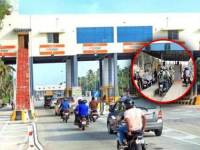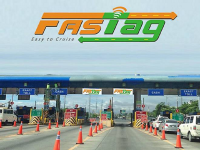NHAI Mulls Extension of One Vehicle, One FASTag Deadline Till End of March
By Lokmat English Desk | Updated: February 29, 2024 12:41 IST2024-02-29T12:41:13+5:302024-02-29T12:41:13+5:30

Amid challenges experienced by Paytm FASTag users, a senior official has indicated that the National Highways Authority of India (NHAI) is considering extending the deadline for the 'One Vehicle, One FASTag' initiative until the end of March.
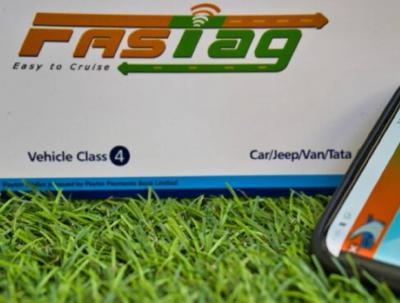
NHAI had previously suggested the implementation of the 'One Vehicle, One FASTag' initiative starting from March 1st.
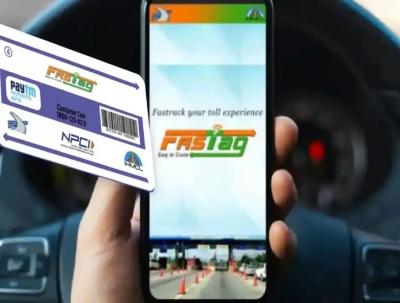
Following the Paytm crisis, there remains a possibility of extending the migration period for FASTag users to adhere to the one-vehicle-to-one FASTag standard.
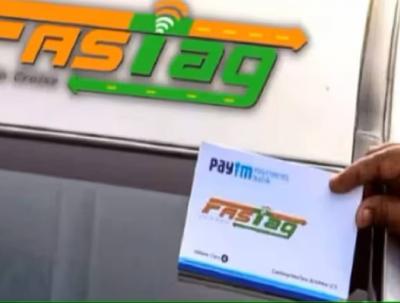
NHAI has initiated the 'One Vehicle, One FASTag' program with the objective of enhancing the efficiency of the electronic toll collection system and its deployment at toll plazas. This initiative seeks to enable the utilization of a single FASTag for multiple vehicles or the incorporation of multiple FASTags for a single vehicle.
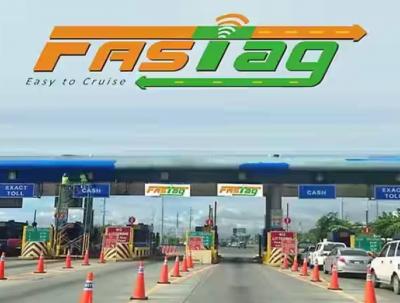
Earlier this month, the Reserve Bank of India (RBI) instructed both customers and Paytm Payments Bank Ltd. traders to transfer their accounts to alternative banks by March 15th.
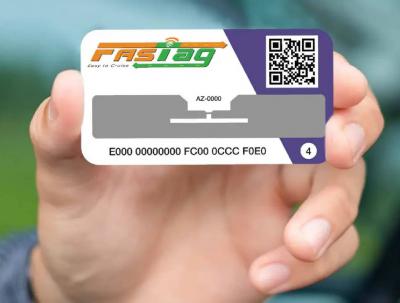
The RBI further clarified that PPBL customers must withdraw funds from their accounts, encompassing savings bank accounts, current accounts, prepaid instruments, FASTag, National Common Mobility Cards, even beyond March 15 until their available balance.
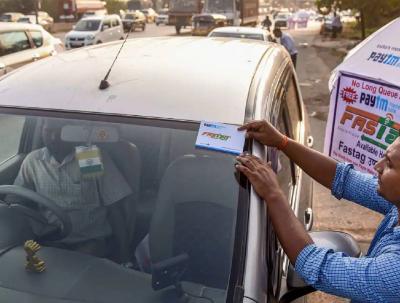
Regarding FASTag, the RBI's FAQ states that it can be utilized to pay toll fees until the available balance is exhausted.
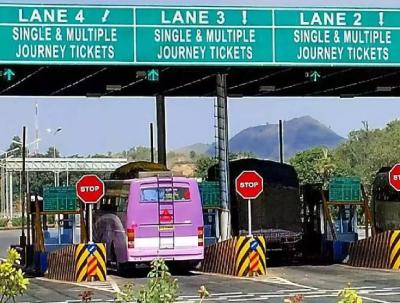
Additionally, it was mentioned that FASTags issued by Paytm Payments Bank after March 15, 2024, will no longer permit additional funding or top-ups.
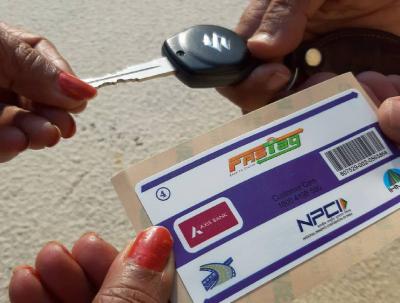
With an impressive adoption rate of approximately 98 percent and a user base exceeding 80 million, FASTag has significantly transformed the electronic toll collection system across the nation.
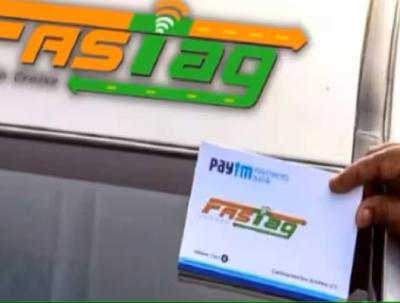
FASTag is an electronic toll collection system managed by NHAI in India. It leverages radio frequency identification (RFID) technology, enabling toll payments to be deducted directly from prepaid or savings accounts or directly from the toll operator.


















